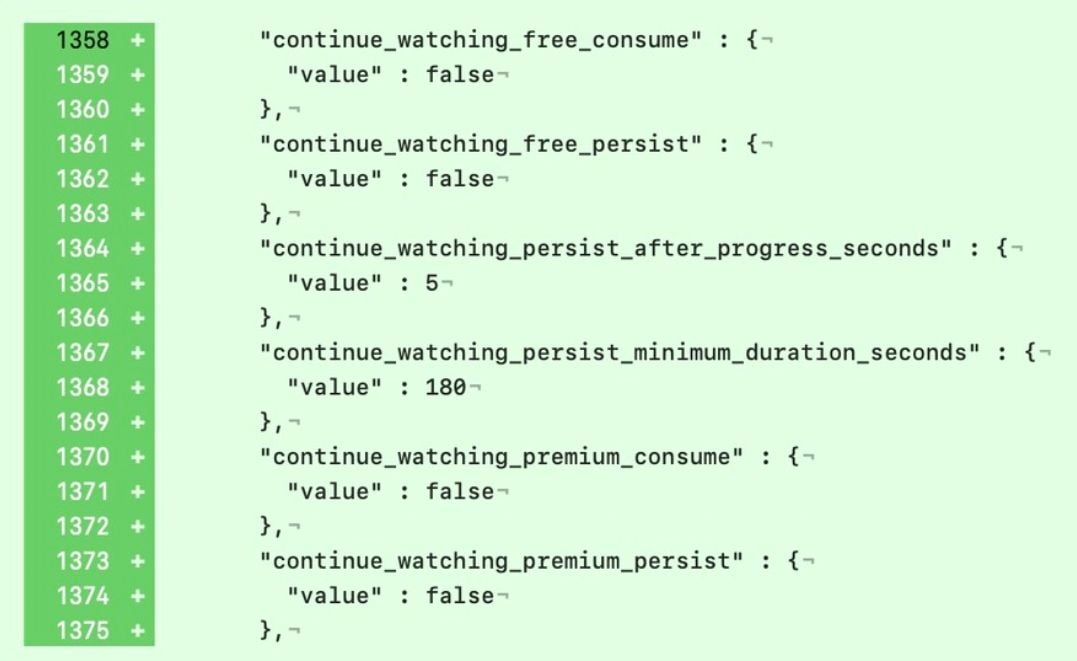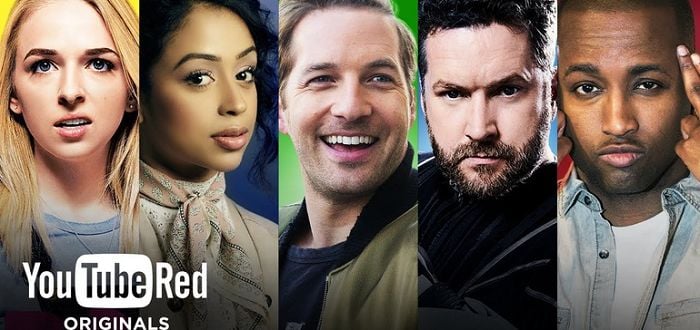Along with X’s new slate of video programming, headlined by exclusive shows from popular TV identities Don Lemon, Tulsi Gabbard, and Jim Rome, the platform is also exploring a new monetization avenue for that content, which will push users to subscribe to X Premium in order to view certain episodes and updates.
That’s according to a new finding in the back-end code of the app, which indicates a new prompt that’ll force users to sign-up to keep watching after a certain point in the playback.

As you can see in this example code snippet, shared by social media expert Chris Messina, X is seemingly developing new prompts that will be triggered after a viewer watches for a certain amount of time, pushing them to sign-up to Premium to keep watching.
There’s not a lot of info to go on at this stage, in regards to whether it will relate to new broadcasts or replays, while it might also just be an experiment, and may never go live in the app. But given X’s continued push to get more users to pay to use the platform, it makes sense that this could also be on the cards, which, if it does indeed prompt more sign-ups, would then enable X to monetize more exclusive content, and build on its new “video first” approach.
Though going all-in on video may not be the savior that X hopes.
Many platforms, including the former Twitter team, have tried this path before, and none has been able to effectively make it work, especially when you also factor in paid subscriptions for such.
Twitter tried for years to tie “second screening” behavior into the app, by integrating more exclusive content, particularly sports programming, in the hopes that this would lead to more users becoming more reliant on Twitter in isolation as a single engagement vehicle.
That didn’t work out, and Twitter moved away from that approach over time.
Meta has also tried the same, with its Facebook Watch Originals, which it eventually shut down last year, while Snapchat, too, has now shut down its Snap Originals initiative, despite driving relatively high levels of interest among its users.
The problem is, producing original content costs money, a lot of it, and if you want to draw an audience, you need high-quality, celebrity-led shows to keep them coming back. The cumulative production costs tend to be too high for social platforms to justify, especially if they can’t adequately monetize episodic content enough to offset that initial outlay.
That’s why YouTube tried “YouTube Red” which, like X’s new push, provided exclusive content to paying subscribers.

YouTube Red cost $US9.99 per month, and gave users access to new shows from Ellen DeGeneres, Kevin Hart, Demi Lovato, and more. It’s also where the now popular Netflix program “Cobra Kai” originated, but eventually, YouTube found that not enough users would pay for its exclusives, and it shut down the Red initiative in 2018.
Time have changed, and more people are now turning to social apps for entertainment. But the track record for such initiatives isn’t great.
X is taking a different approach, in that it’s focusing on news content, which generally has lower production overheads, while it’s also banking on celebrities who already have an established audience in the app.
In theory, that could see X drive relative success. But its initial partnership with Tucker Carlson, doing pretty much the same thing, may not be a great indicator for this new push.
Carlson launched his X exclusive show last May, after being fired by Fox News, giving him a new outlet to share his controversial opinions on hot button topics. With the blessing of X owner Elon Musk, who’s promised not to implement any restrictions over what these creators can post in the app, Carlson’s X shows have reached millions of people, though the per episode viewership has declined over time, and the actual viewer numbers remain in question due to X’s sometimes misleading video metrics.
Last month, Carlson launched his own subscription streaming service in order to generate more revenue from his X content, as well as additional exclusives for paying subscribers. Carlson says that he’ll continue to broadcast on X, and has also said that he did seek to run his personal archive offering within X itself, but was not able to get such a service up and running as fast as he would like.
So he may not be looking to leave X, as such, but clearly, Carlson sees expanded opportunities elsewhere, which may not be a great sign for the value of Elon’s app.
And Elon himself may also have unrealistic expectations about his ambitions on this front.
Last month, Musk called on YouTube superstar Mr. Beast to post directly to X instead, and got this response:
My videos cost millions to make and even if they got a billion views on X it wouldn’t fund a fraction of it :/
I’m down though to test stuff once monetization is really cranking!
— MrBeast (@MrBeast) December 30, 2023
Musk has repeatedly noted that he expects X to be competing with YouTube shortly, and even claimed that X was “rapidly reaching parity with YouTube, and may exceed them” at a company all-hands meeting last November.
Which is not remotely correct.
As noted by Mr. Beast, YouTube’s monetization system is far more advanced than X, or any other video platform for that matter, with YouTube paying out an average of $10 billion per year to creators through the YouTube Partner Program.
X, by comparison, is set to pay-out less than $30 million to creators this year as part of its Creator Ad Revenue Share scheme. In fact, X is only on track to bring in around $2.5 billion in total revenue for 2023, so it’s a long way from YouTube in this respect.
Given the various comparisons, it’ll be interesting to see how X is able to monetize and maximize its new slate of video content, and whether it’ll have more success than Twitter had in the past on this front. Again, focusing on news content makes some sense, and Elon will also be hoping that it’ll bring more attention to the app in what looks set to be a tumultuous election year.



